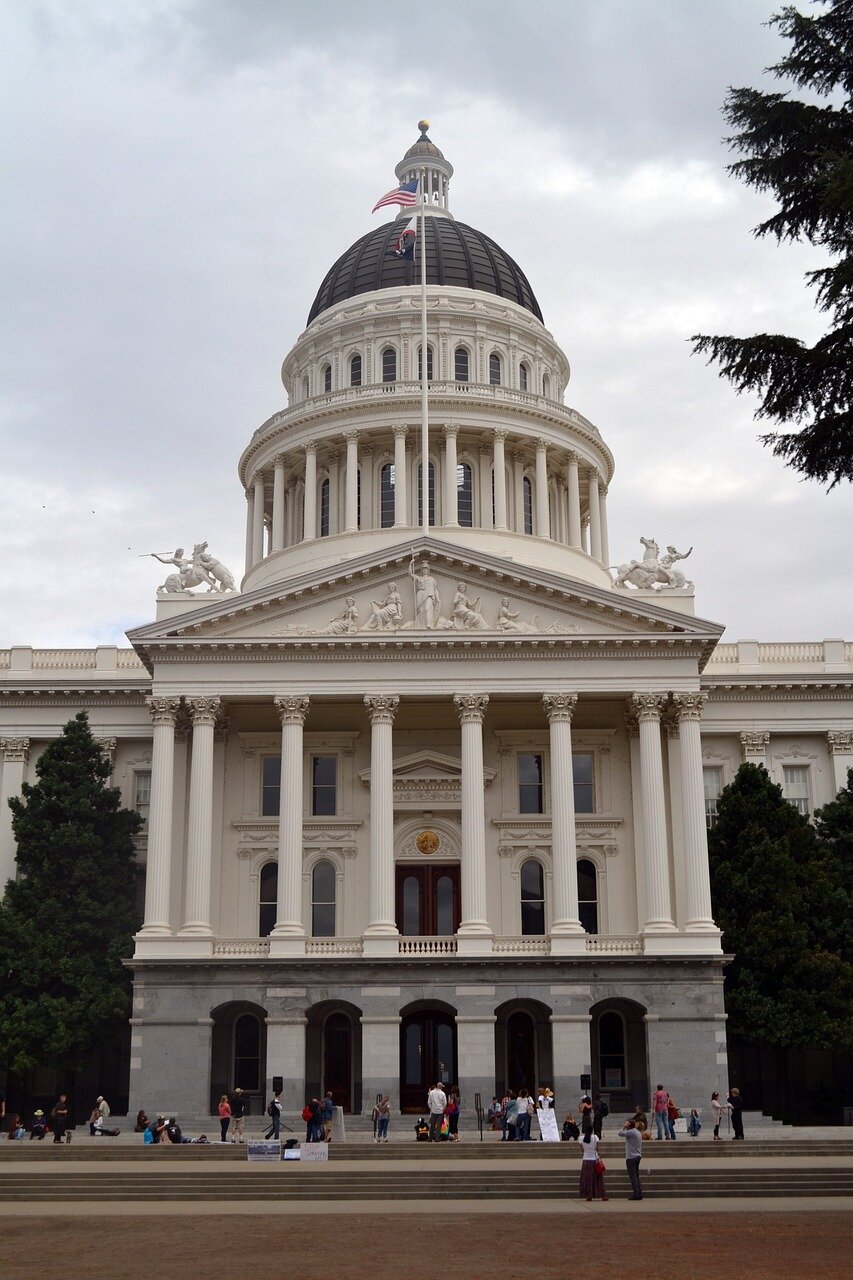California to Fine Black Market Landlords and Suppliers Up to $50,000 a Day


California’s Legislature proposes to stamp out the black market by using a two-step approach. Municipalities are encouraged to embrace commercial cannabis while prosecutors will charge black market landlords and service providers with steep daily fines. The expanded enforcement net will act as an indirect tax that levels the playing field. Should service providers to the cannabis industry be concerned?
A Focus on Enforcement and Civil Penalties
California’s focus on vigorous enforcement and meaningful civil penalties is a good first step to transitioning the state to a legal market. The black market will continue until the government chokes off its supply chain and makes it prohibitively expensive.
California’s legislation will expand liability to the supply network, increase fines and create a well-funded enforcement arm. By funding enforcement efforts, the state can engage in more sophisticated investigations and seek higher penalties.
-
Increase Fines and Seize Property.
Assembly Bill 2094 allows California’s cannabis regulators to collect a $50,000 per day civil penalty from landlords or a person that provides a mortgage to a black market operator. This legislation provides cannabis regulators with the teeth it needs to shut down brick and mortar black market operations.
Landlords or mortgage providers may be fined if they know that the facility is used for illegal cannabis operations. A civil action requires a lower burden of proof than a criminal action, which means it is easier to prove. The large daily fine encourages landlords to quickly evict the tenant. California will also be able to seize the property for non-payment.
-
Supplier Liability;
Assembly Bill 2122 extends personal civil liability to any person who helps a black market operator. This means that California can bring a $30,000 a day civil penalty against landlords, suppliers or perhaps even the electrical company for helping a person engage in black market activity. The legislative text does not require the supplier to know that they are helping an illegal operation.
Service providers and product brands should implement a vetting process to verify that customers operate in the legal market. This process should be performed periodically to ensure that a customer still holds a valid license.
-
Give the Prosecutor a Purse.
Assembly Bill 2122 also reimburses the attorney general for a successful black market prosecution from collected fines. By funding prosecution, the bill provides an incentive for imposing and collecting high penalties through vigorous enforcement efforts. Prosecutors tend to go after big names in order to send a message to the market.
Vigorous civil enforcement efforts are key to deterring illegal activity. A steady stream of enforcement actions against illegal operators, landlords, and suppliers will provide momentum and funding for eradicating illegal activity.
Other Possible Solutions
California should consider other solutions to promote the growth of legal markets. Assembly Member Ting introduced Bill 2456 to offer municipalities with a model commercial cannabis ordinance free of charge.
Assembly Member Ting’s prior bill required certain cities to permit a medical dispensary, which died at the beginning of the legislative session. The new bill notes that only 90 of 482 California cities permit cannabis stores, which equates to one for every 35,147 adults over 21 years of age. The bill also states that 80% of 2018’s retail sales occurred in the black market.
What the bill does not discuss is the cost that municipalities face when considering whether to permit retail activities. The costs outweigh the benefits- even with the free model ordinance. The cannabis industry is still a hot potato with unresolved issues around social equity, permit allocation, taxes and local opposition. Matters are made worse by the high litigation rates for cities that approved cannabis activity. California may consider the following suggestions to incentivize municipalities to participate.
-
Social Equity: Create a model social equity plan that can be used by the cities.
-
Protect Municipalities from Civil Actions: Protect or indemnify municipalities against litigation arising from the permitting process. Establish best practices and guidance to tamper allegations of misconduct and due process violations.
-
Cover Implementation Costs: A municipality may not receive tax revenues for two-years. Provide interest-free loans to municipalities so that taxpayers are not put at risk. Establish benchmarks for realistic tax revenue projections.
-
Provide a Private Right of Action to Consumers: Let consumers help municipalities fight illegal cannabis. Provide a private right of action for residents and consumers to cover damages associated with the activity.
California’s next steps for getting rid of the black market will be scrutinized by the industry and the country. The state must show greater urgency in structuring solutions. Luckily, the state can borrow tested techniques used by other industries or regulators including liquor boards, securities regulators and the EPA. Administrative fines can be effective so long as there is a strong enforcement arm. The state must also address the real issues faced by cities during local implementation. Helping to ease the friction during this process may be the key to real growth.
.
